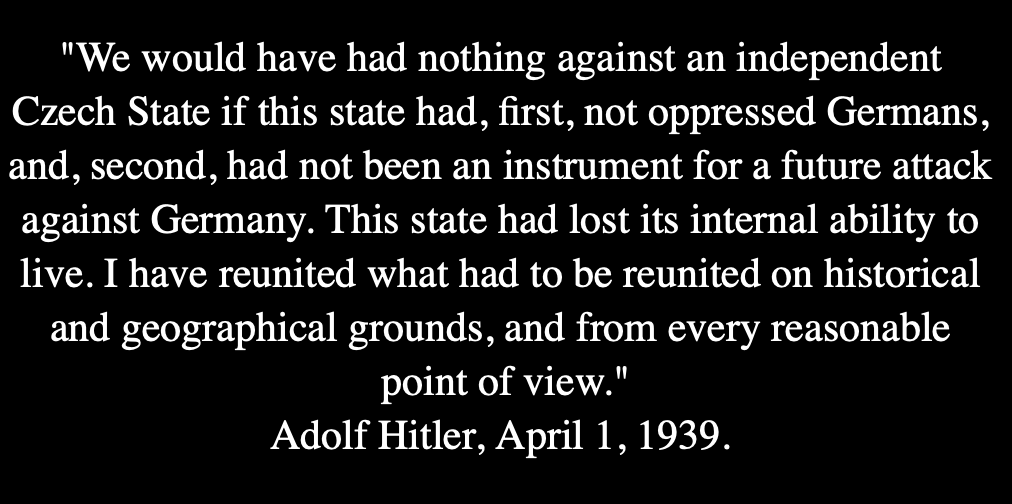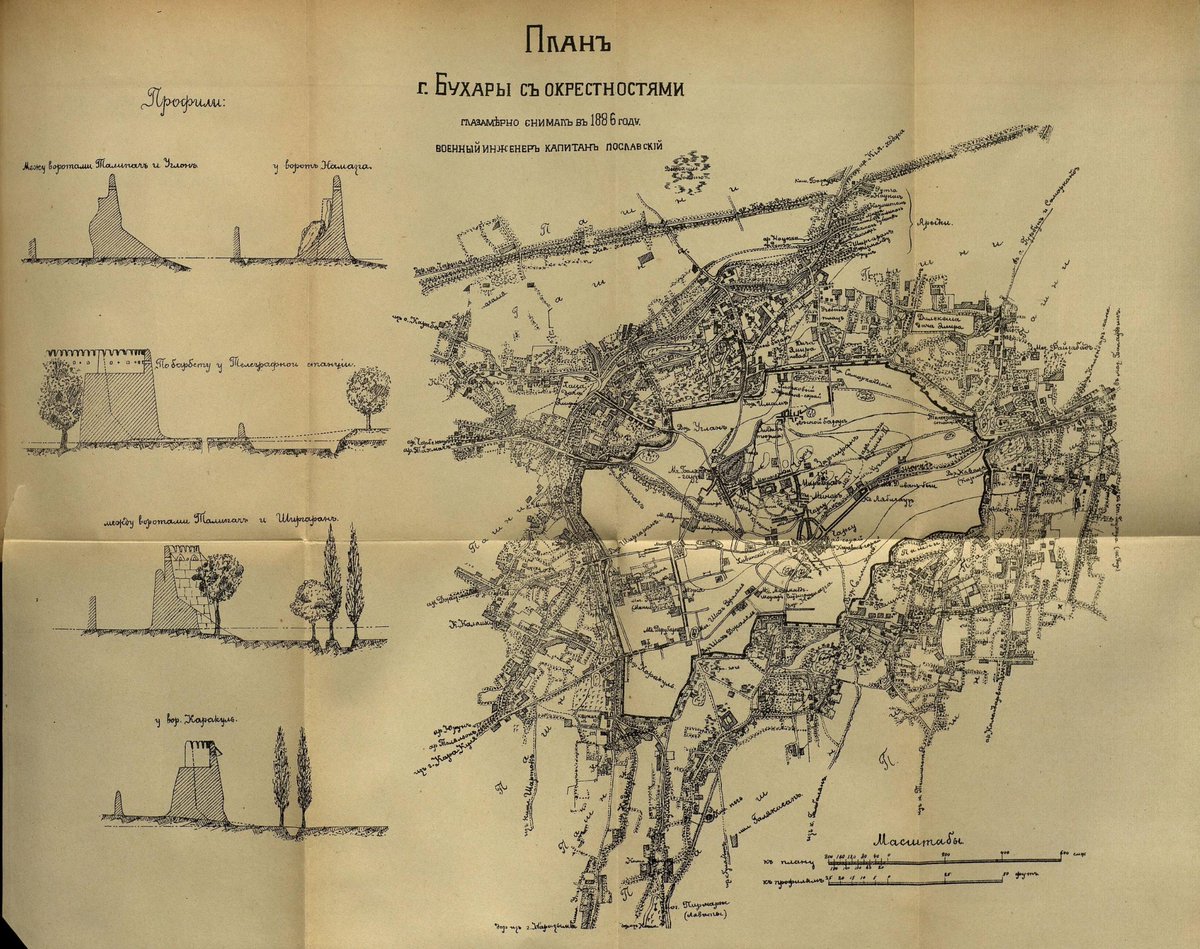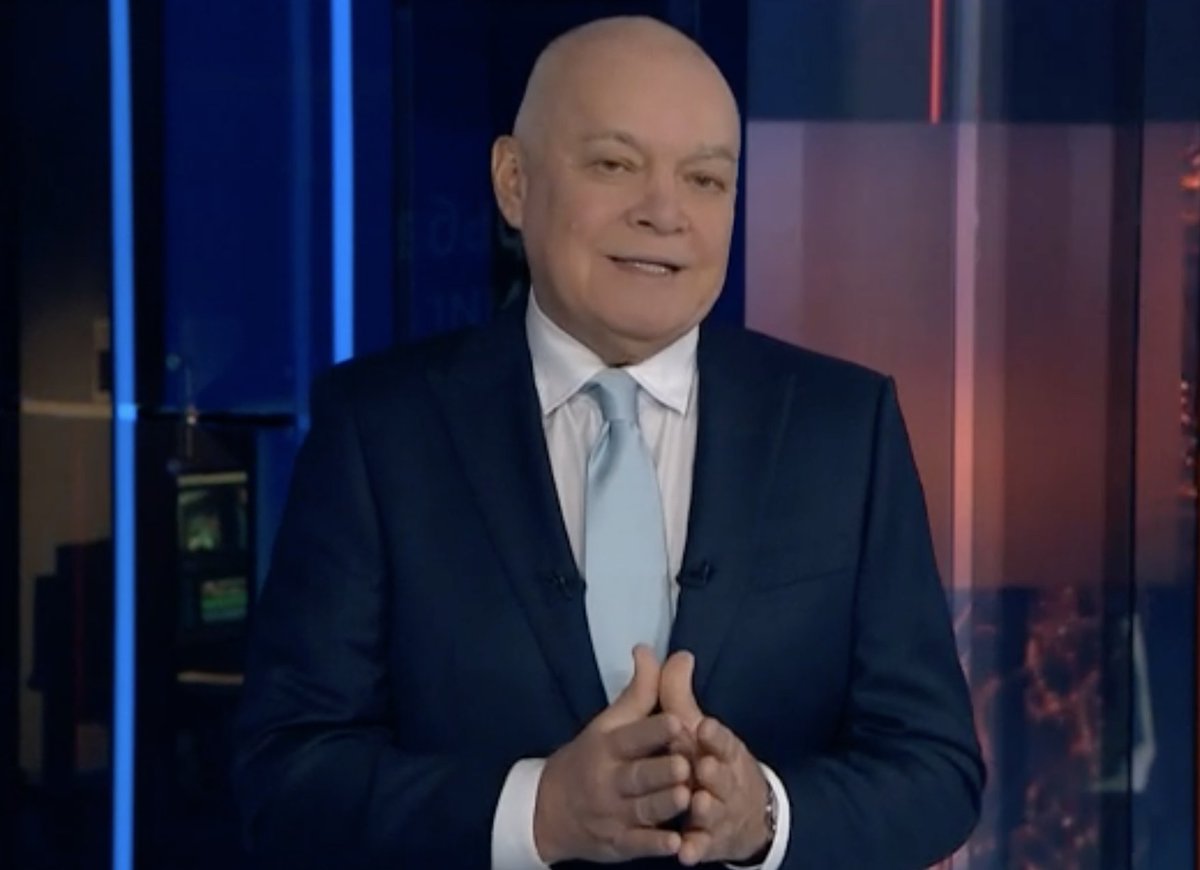Russian KA-52 pilot and milblogger Aleksei Voevoda admits that a woman – a gas station operator – was kidnapped and tortured by Russian troops in a basement in Zaporizhzhia Oblast because of him simply for saying, "Good evening. Tap your card" in Ukrainian. A few thoughts: 🧵
https://twitter.com/den_kazansky/status/1805541835294597520
We may safely assume that this was not a one-off episode and that punishment for speaking Ukrainian is a systematic practice in the occupied parts of Ukraine's south. Voevoda himself claims that it helped to "cleanse [Mariupol and Berdiansk] from khokhol shit." 2/
Voevoda acknowledged this in a conversation with prominent pro-war blogger Kirill Fedorov, who recently called Ukrainians "biological trash." Such language in a war context is a call for action. This kind of eliminationist rhetoric is ideologically driven. 3/
This ideology, officially embraced by the Kremlin rather recently, implies that the very articulation of Ukrainian distinctiveness is intrinsically political. "Ukrainianness," in other words, is seen as a collective mindset that intends to subvert or destroy all things Russian. 4
According to this ideology, Ukraine is "anti-Russia" not because its leadership has taken an "anti-Russian" stance, but because it emerged as a political idea within "historical" Russia with the sole aim of weakening and dismantling it. 5/
Importantly, this view represents a major departure from both the tsarist and Soviet traditions. The rhetoric of Russia’s war, which views Ukrainian identity as an anti-Russian conspiracy, is rooted in late imperial ultra-nationalist – one might say proto-fascist – ideologies. 6/
These ideologies emerged from fin-de-siècle fears and anxieties about imperial disintegration, national degeneration, and racial deterioration in the borderland regions of the Russian Empire. 7/
These ideas were rediscovered in the late 1990s–early 2000s by Russian revanchists and made their way into the corridors of the Kremlin. Surkov claimed, "There is no Ukraine. There's Ukrainianness. That is, a specific disorder of the mind." This is where Putin picked them up. 8/
"De-Nazification is inevitably de-Ukrainisation," Timofei Segeitsev wrote in 2022. A recent programmatic text by the TASS agency asserted that Ukraine's "Nazism" is rooted in "the national historical myth of Ukrainian independence from Russia." 9/
TASS essentially equates "Nazism" with "Ukrainianness," asserting that "Nazism in Ukraine began to be systematically inculcated at school after the publication of the monograph by Mykhailo Hrushevsky." Hrushevsky, a left-wing historian whose academic work inspired... 10/ 

...turn-of-the-century Ukrainian national activists to "rediscover" their homeland's unique historical experience, is now portrayed by the Kremlin's main outlet as the Ur-father of Ukrainian Nazism. 11/
What triggers the Kremlin the most is not just Ukraine's struggle against its domination, but Ukraine's very existence—from its state symbols (notably, Russia's Foreign Ministry claimed its national anthem promotes "Nazi" ideas)... 12/
... to its language, effectively banned in occupied parts of Zaporizhzia and Kherson regions. Should Russian troops capture more Ukrainian territory, genocidal violence could escalate dramatically, with no shortage of willing perpetrators. end/
• • •
Missing some Tweet in this thread? You can try to
force a refresh













